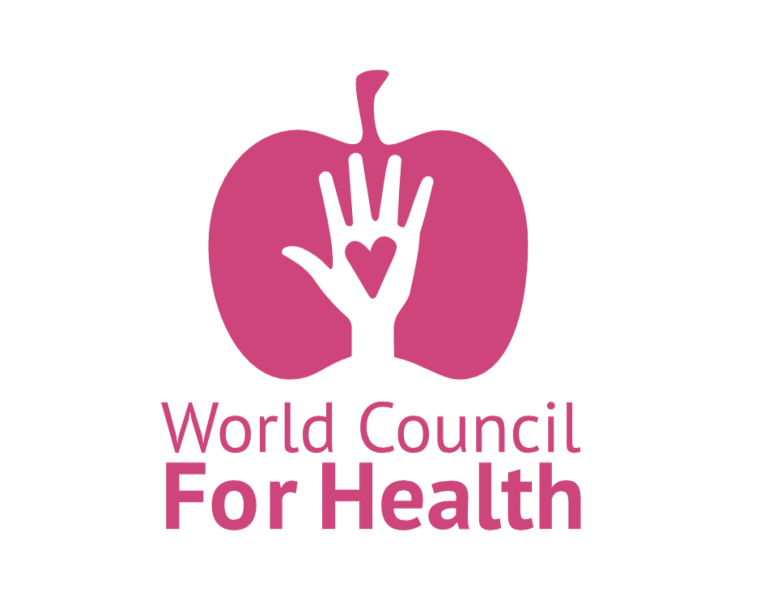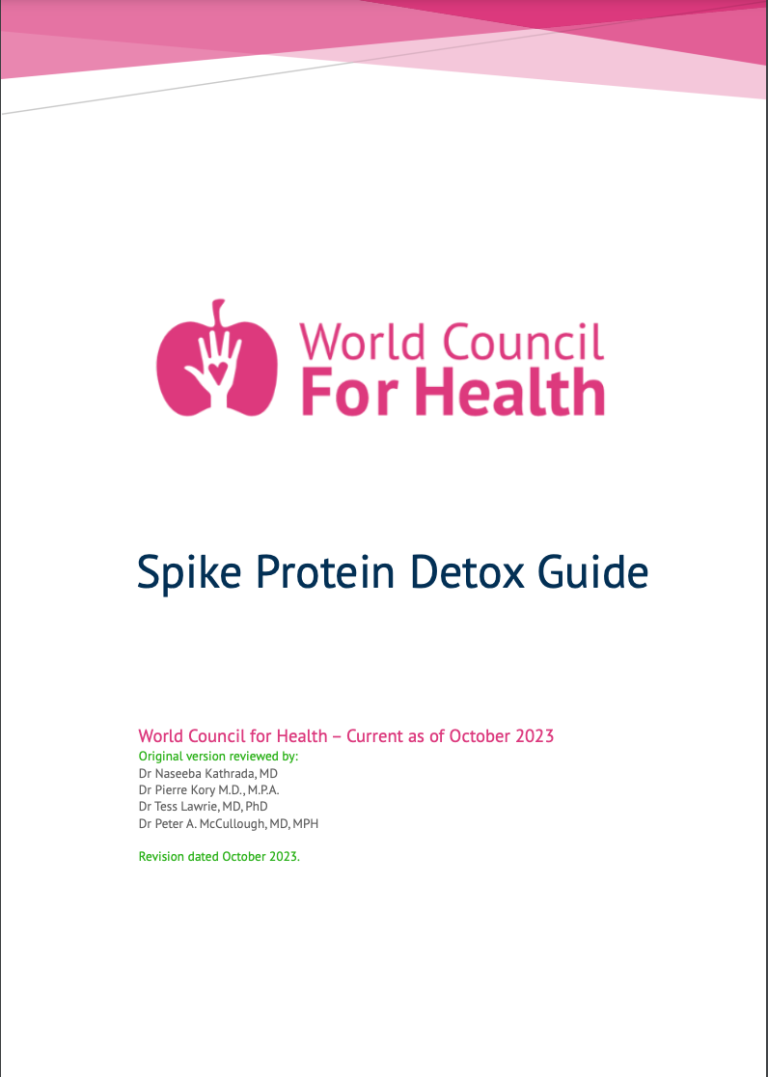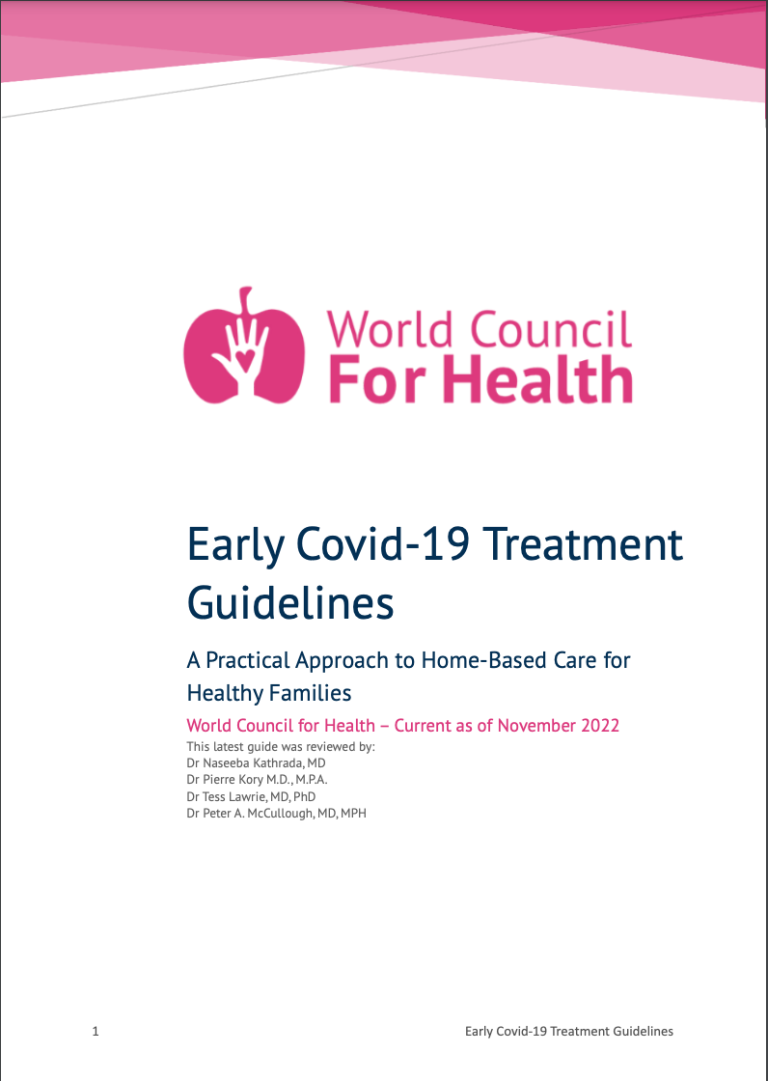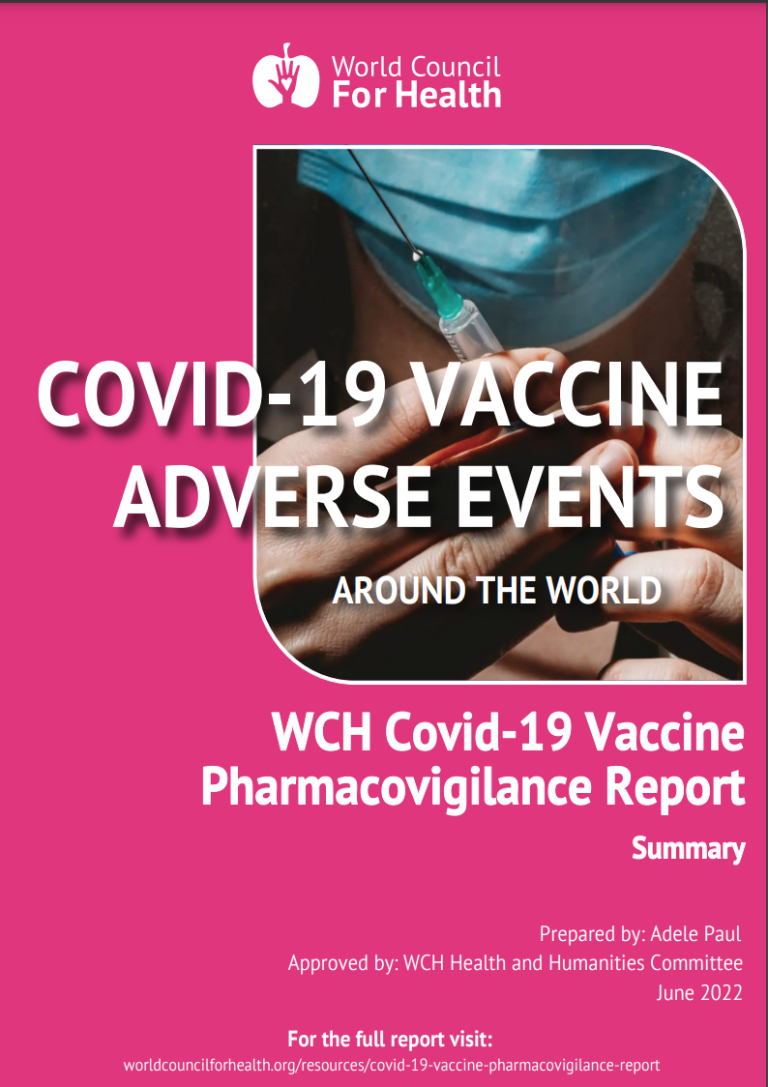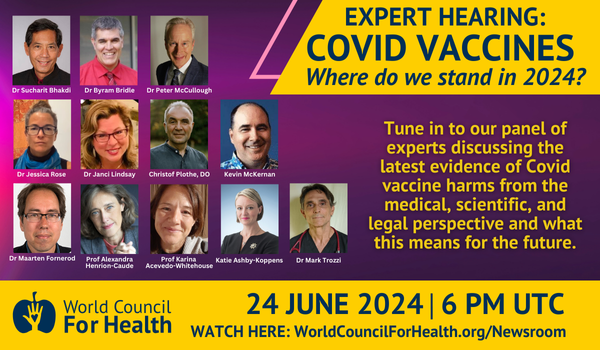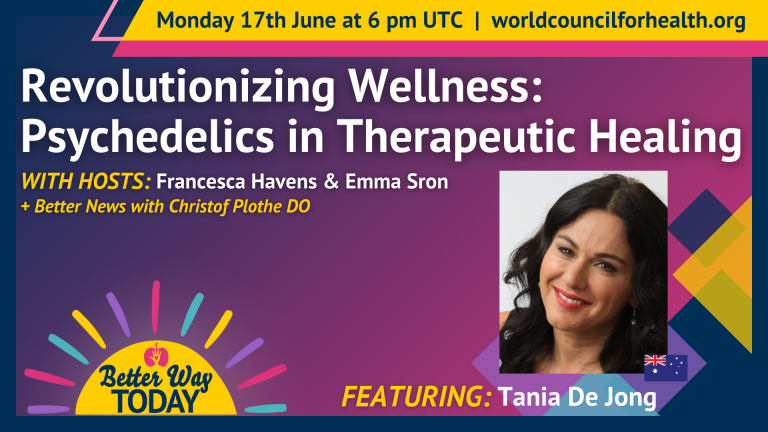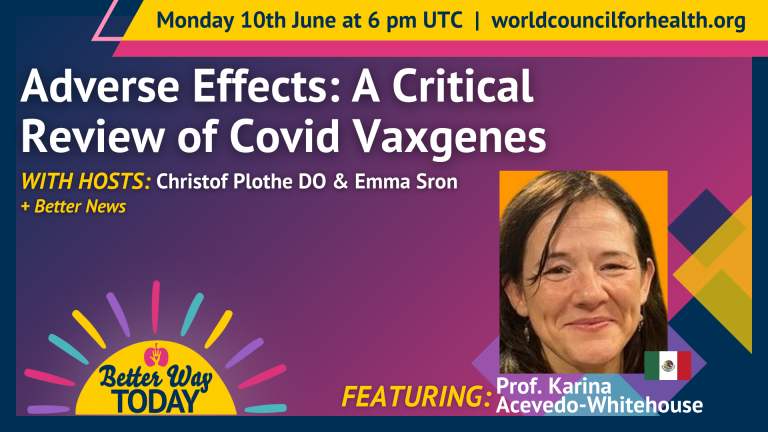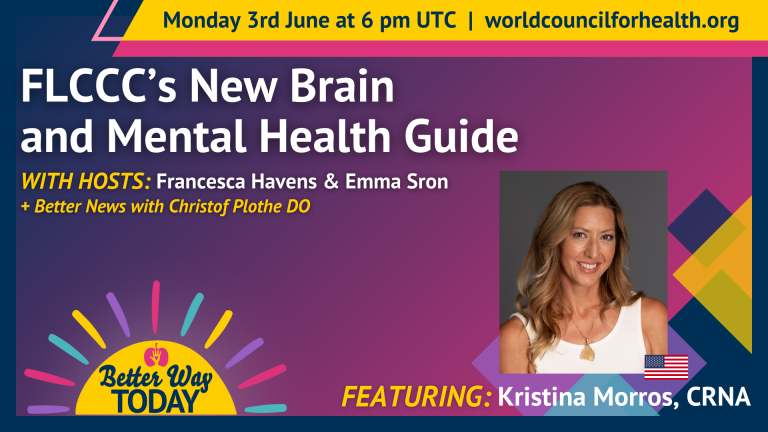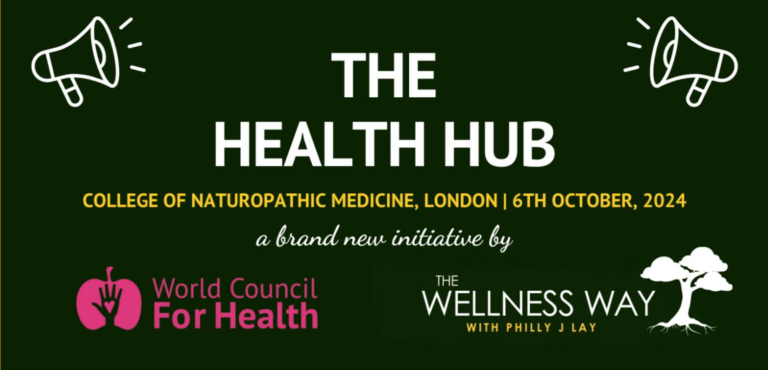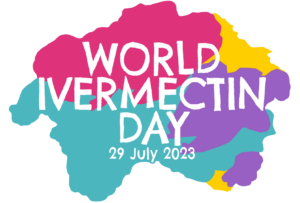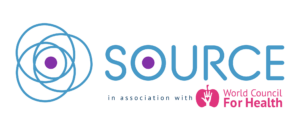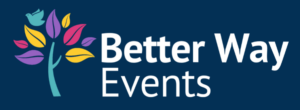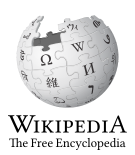World Council for Health Policy Documents
The World Council for Health (WCH) works with different expert groups in the development of policy briefs to present research and recommendations to specialized and non-specialized audiences on a variety of essential issues. These documents serve to provide evidence-based policy advice to help readers make informed decisions.
Rejecting Monopoly Power Over Global Public Health
On the proposed IHR (2005) amendments and WHO pandemic treaty
This in-depth WCH policy brief showcases – with original references – the most important amendments to the International Health Regulations (2005) that have been submitted as well as central parts of the proposed WHO Pandemic Treaty/Accord (WHO CA+) draft. It explains why they differ from previous approaches to global public health in a significant way. It further illustrates why the undue concentration of power in the field of global public health and the provision of a legal framework for such using the WHO constitute a threat to health, sovereignty and democratic governance that requires a swift, effective and robust response. In addition, legislative and educational measures are recommended via the policy brief to strengthen public health and to achieve better preparedness, efficient international collaboration and sharing with regard to global health emergencies while avoiding monopolization and ensuring the robustness of democratic ideals in times of crisis.
Effects of Unregulated Digitalization on Health and Democracy
A Call for Using Technology with Discernment
The Fourth Industrial Revolution and the digital transformation include a number of beneficial and harmful innovations, the latter presenting a severe threat to health, essential human rights and democracy that must not be underestimated. The public and decision-makers need to differentiate and be careful what they welcome and what they oppose in the name of digitalization. This in-depth WCH policy brief showcases aspects of the process of digitalization that negatively impact (public) health, essential human rights and democracy. It discusses radiation-based wireless technology (including 5G), the impacts of excessive or misguided use of digital technology on mental health and development as well as the inhumane conditions under which some technologies are being produced. It further explains the threats emanating from the surveillance economy, Digital ID, a Central Bank Digital Currency (CBDC) and the idea of a cashless society. The document contains policy recommendations to effectively address these issues and avert harm. Further, the document is meant to empower the reader to make informed decisions in their own everyday life when interacting with specific technologies and the effects of the Fourth Industrial Revolution.
Human Trafficking: A Call for Action
Ending Modern-Day Slavery
Human trafficking (including child trafficking) for sexual exploitation, organ harvesting and forced labor/servitude is a crime against humanity causing severe physical and psychological harm and trauma in the millions of people subjected to it at any given moment. Ending human trafficking once and for all must be prioritized on every level. This policy document serves as a fact-based introduction to the topic of human trafficking and modern-day slavery and outlines why the trafficking of persons for exploitation is also a public health issue. The document proposes societal measures and provides policy recommendations to end this crime once and for all.




